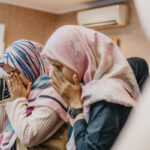
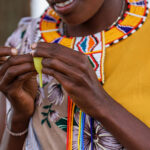
Menstrual hygiene and the climate crisis are intricately connected. Our research and programmatic experience have shown that as climate-induced extreme weather events such as droughts and floods increase, managing menstruation becomes even more challenging for women and girls worldwide.
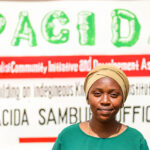
With a grant from Ipas’s Collaborative Fund, Abdiah Lalaikipian’s organization was able to make meaningful change in northern Kenya’s pastoralist communities. The Collaborative Fund approach involves designing by dialogue. Through a participatory process, we enable communities and Civil Society Organizations to design projects that best address their issues.
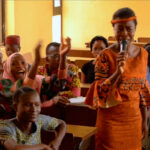
Ipas’s local partner, Onelife Initiative for Human Development, has helped Nigerian college students take control of their sexual and reproductive health through a program called “Campus Wey Sabi,” a title which loosely translates to “campus knows best.” Through measuring student knowledge, training local health-care vendors, and hosting on-campus sessions with students and health providers, the program achieved significant results in just four months.
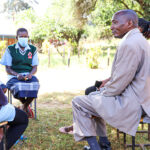
Entashata strives to bridge gaps in education, women’s rights, and reproductive health in his community in Loita. The organization’s commitment to education resulted in an annual campaign to enroll boys and girls in schools, boasting over 50 girls supported completing their secondary education.
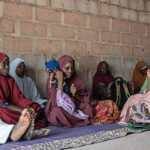
In Nigeria, getting a safe abortion is already an uphill battle. But for women with disabilities, it can be nearly impossible. With support from the Ipas Collaborative Fund, the locally based SAIF Advocacy Foundation is paving the way to ensure that everyone, regardless of ability, can access the quality abortion care they have a right to.
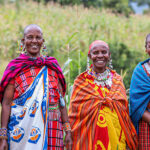
Ipas is proud to continue supporting community-based efforts to advance reproductive justice with the unveiling of 16 new recipients of the Ipas Collaborative Fund for 2024.
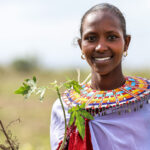
Ipas partnered with local group PACIDA to tackle the impacts of climate change on reproductive rights. The solutions—generated by the people most affected—are helping build resilient communities.

